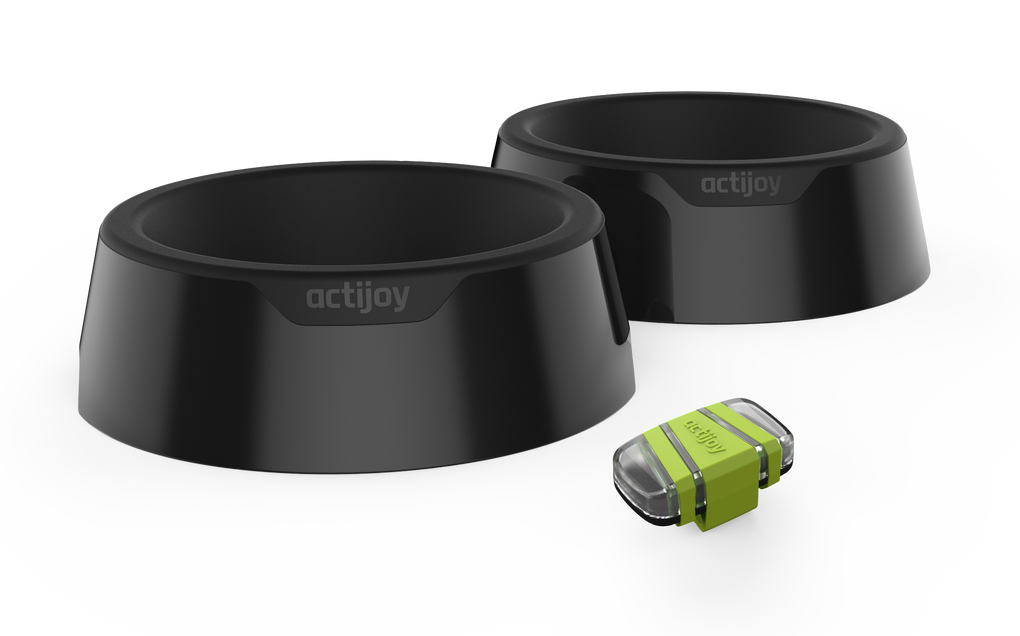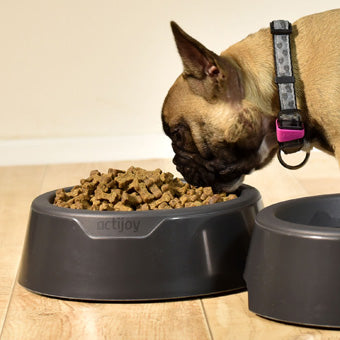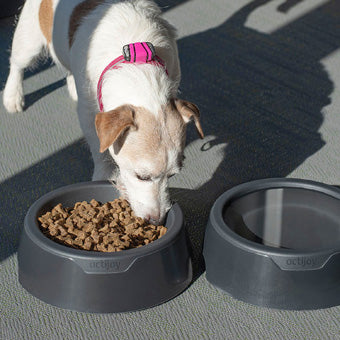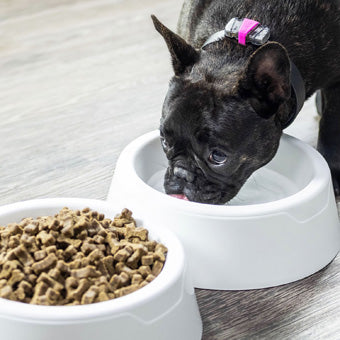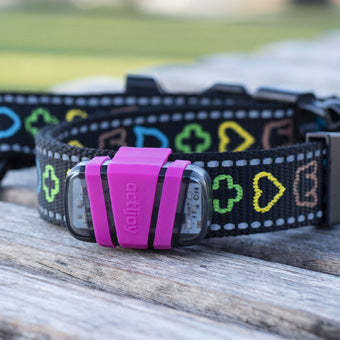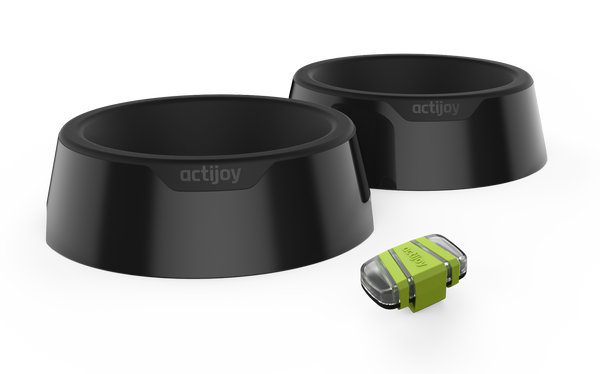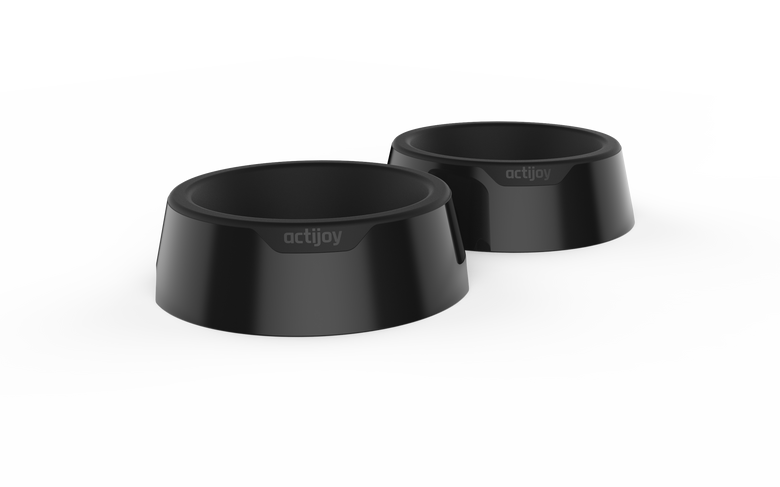Common Causes of Weight Loss in Dogs

While obesity is an epidemic among household pets that can cause a myriad of health problems, abnormal weight loss is also unhealthy. The signs, causes, and treatment of weight loss in active dogs will be discussed.
Signs of Weight Loss in Dogs
The most obvious sign of weight loss in dogs is the loss of body mass. However, pet owners may not notice gradual changes in a dog’s appearance over time. Signs that your dog may be losing weight include chronic vomiting/diarrhea, loss of appetite, and lethargy .
Causes of Weight Loss in Dogs
There are many causes of weight loss in dogs. If you have an active dog, the answer may be as simple as increased exercise without an increase in caloric intake. Active dogs frequently lose weight when the seasons change from winter to spring since more time is spent outdoors when temperatures rise.
Another cause of weight loss is parasite infection. Tapeworms, hookworms, roundworms, and whipworms are all common parasites that deprive a dog of nutrients, resulting in weight loss.
The disease is a third reason dogs lose weight. Cancer, arthritis, diabetes, inflammatory bowel disease, organ failure, Addison’s Disease, and neurological disorders, among others, can all affect a dog’s appetite and ability to maintain weight.
Finally, chronic dehydration is another common factor in canine weight loss.
Treatment for Weight Loss in Dogs
If you notice your dog has lost weight, the first step is to schedule a veterinary appointment. The veterinarian will determine the underlying cause of weight loss and prepare an appropriate treatment plan.
Actijoy WiFi Food & Water Bowls can help pet owners closely monitor exactly how much food and water is consumed by their pet daily. Notes regarding daily consumption can be kept in the Health Book, found in the Actijoy app, which can be easily shared with a veterinarian.
For dogs that have lost weight due to a known issue, such as diarrhea, it is important to ensure proper hydration. Offer fresh water to your pet and, if necessary, entice your dog to drink by adding a small amount of low-sodium chicken broth to the bowl. Always keep your dog on parasite prevention, and schedule annual veterinary visits to catch the signs of disease before it is too late. If you have an active dog, be sure to track your dog’s activity levels with Actijoy Health & Activity Tracker to ensure your pup’s caloric needs are met!


